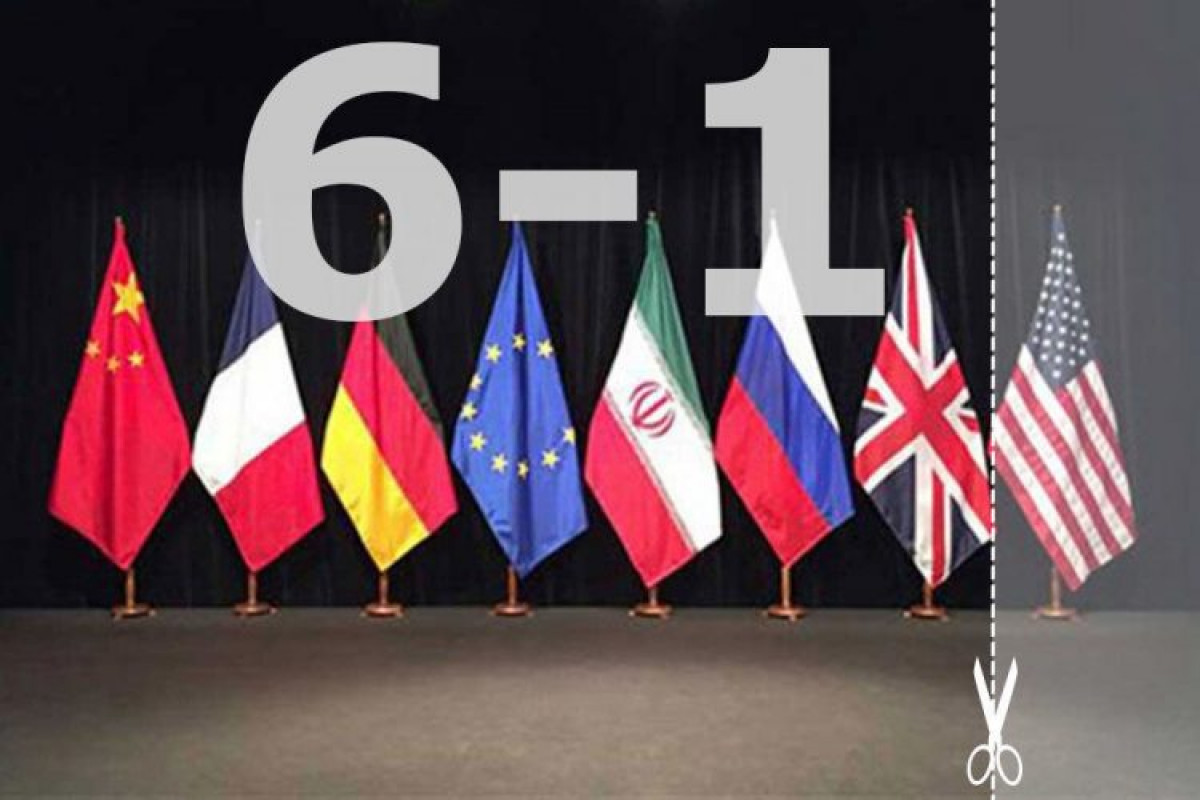 78
78
The close relationship between the Iranian nuclear crisis and the future of the Middle East and its power balances becomes clearer as the international community’s perception of the gravity of the Iranian nuclear crisis grows, as does the pressure of the crisis on the negotiating parties and regional countries. The nuclear standoff also represents the Middle East and has posed a serious dilemma and challenge on a global and regional scale. Former US President Donald Trump’s administration announced its withdrawal from the 2015 nuclear agreement due to Iran’s alleged violations of the agreement, which were never proven, as well as its use of the agreement to expand its regional clout and interfere in the affairs of its neighbours and continue its ballistic missile development programme. However, two years after severe sanctions were placed on Iran, we can see that Tehran has achieved substantial progress in the nuclear industry, including uranium enrichment and regional activities, which is why Joe Biden opted to revive the Joint Comprehensive Plan of Action (JCPOA). According to some observers, Iran’s strategy is to drag out the Vienna talks and demand concessions that the US administration would be unable to deliver, such as the lifting of most sanctions and the continuation of Iran’s uranium enrichment. As the Iranian nuclear talks in Vienna continue, we are confronted with three scenarios. The first possibility is that Iran’s procrastination will ultimately lead to the signing of a favourable deal that benefits Iran economically and internationally while having no detrimental impact on Iran’s regional influence. In this case, the countries in the region may gallop to reach a comprehensive reconciliation with Iran, while Israel may remain in utter isolation. The second scenario is that negotiations with Iran will take a long time, during which time Iran will continue to enrich uranium and may be able to make substantial nuclear progress that will radically alter the world and regional balance of power. This route might escalate regional tensions and possibly lead to a regional nuclear arms race, exacerbating geopolitical instability and possibly leading to an all-out armed conflict. The third scenario is that the impasse in the discussions will lead to military hostilities, which, although it is impossible to prognosticate the outcomes and impact of the current scenario, will almost surely have disastrous consequences. Despite the controversy that Israel has created, this is unlikely to happen since the implications would be unmanageable and would further complicate the situation in the area. Because there is no solid strategy for engaging Iran, any approach—whether a deal or a military clash—would empower Iran in the shadow of the weaknesses of US-backed regimes.
Comment
Post a comment for this article